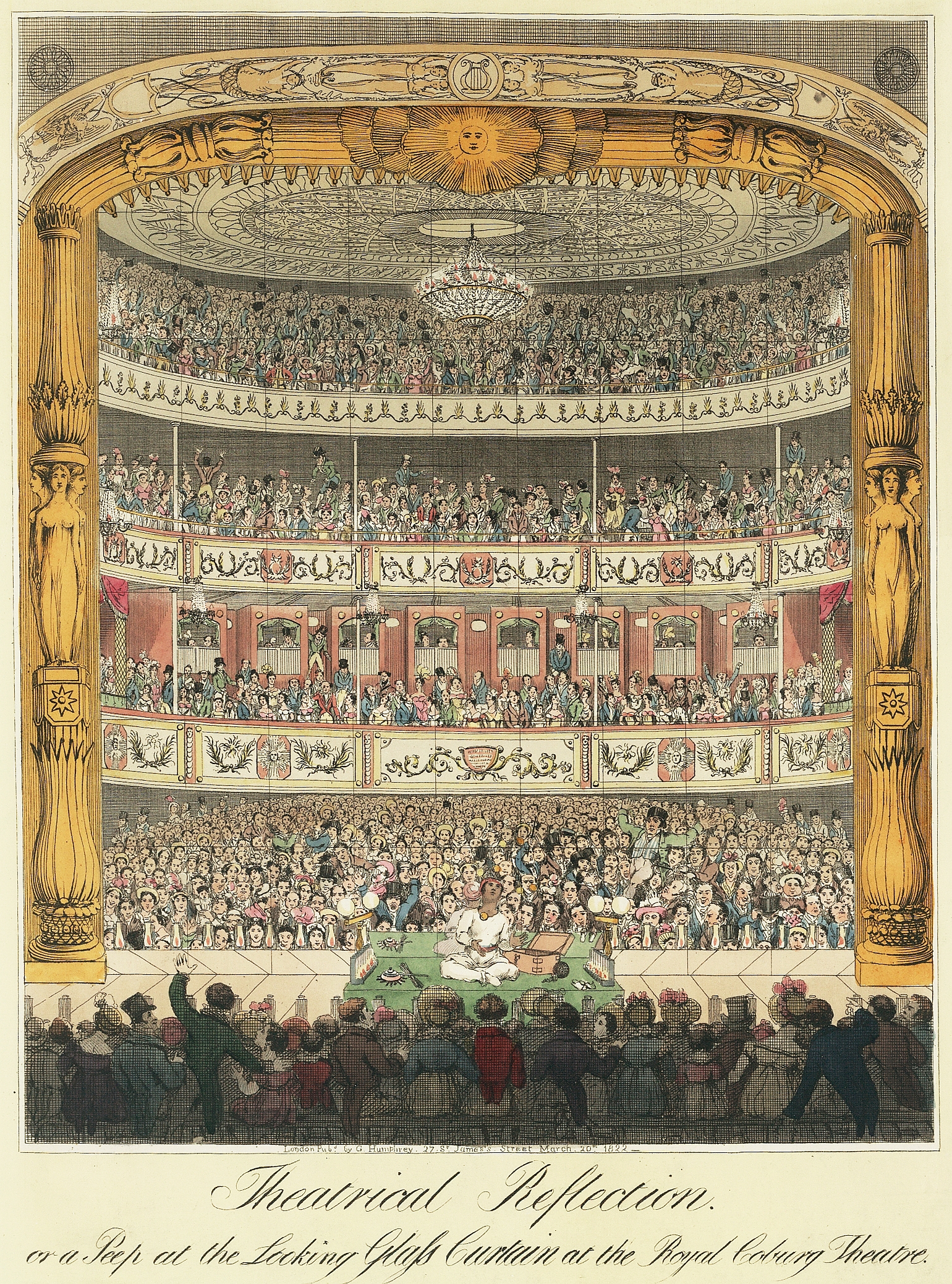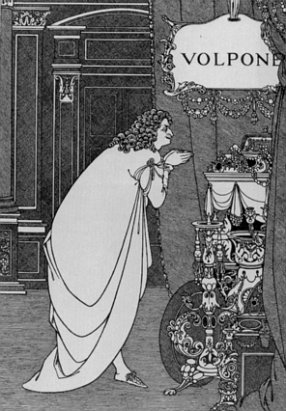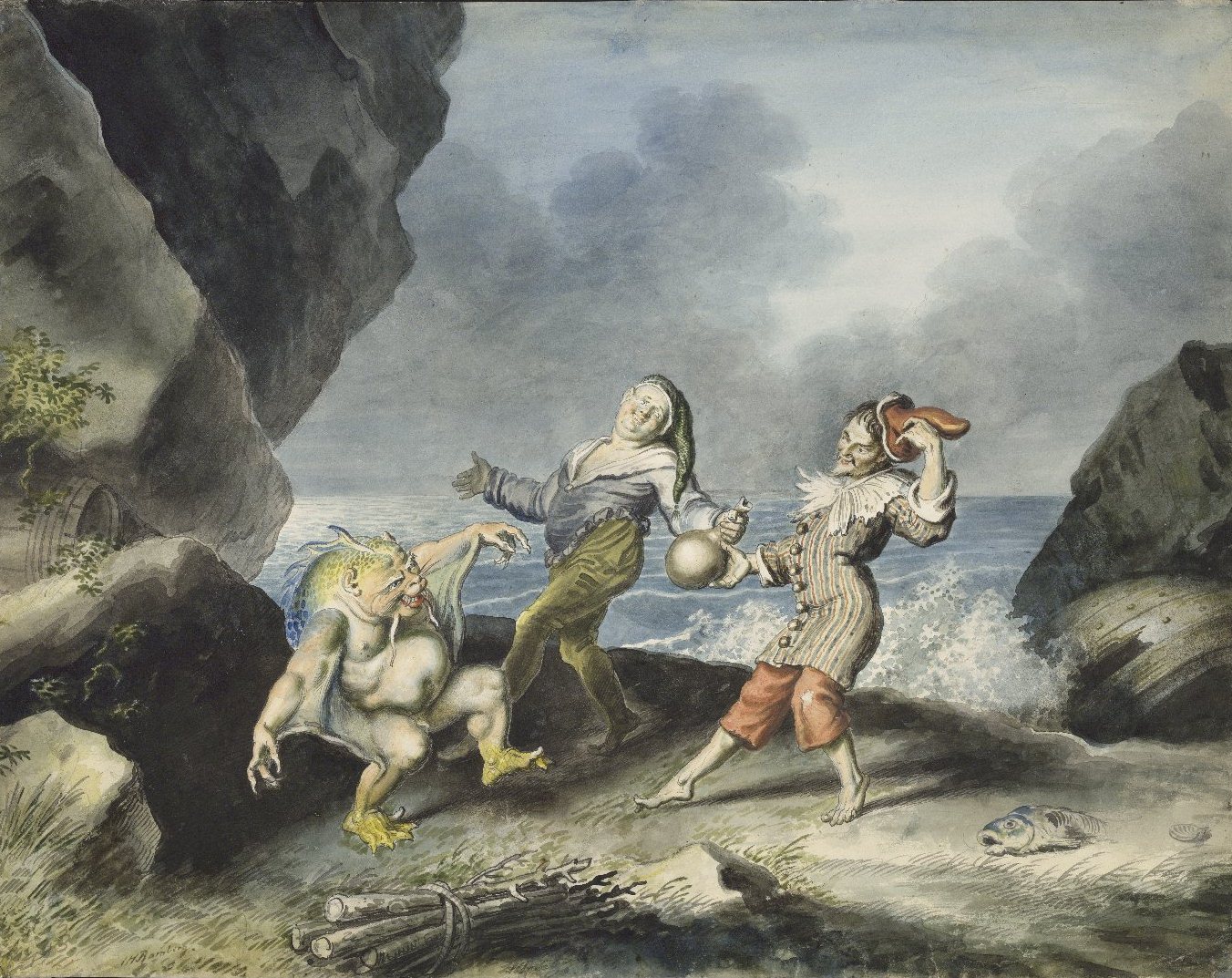|
Michael Hordern
Sir Michael Murray Hordern Commander of the Order of the British Empire, CBE (3 October 19112 May 1995)Morley, Sheridan"Hordern, Michael Murray (1911–1995)" ''Oxford Dictionary of National Biography'', Oxford University Press, 2004, online edition, May 2009, accessed 22 July 2015 was an English actor whose career spanned nearly 60 years. He is best known for his Shakespeare's plays, Shakespearean roles, especially that of King Lear, which he played to much acclaim on stage in Stratford-upon-Avon in 1969 and London in 1970. He then successfully assumed the role on television five years later. He often appeared in film, rising from a bit part actor in the late 1930s to a member of the main cast; by the time of his death he had appeared in nearly 140 cinema roles. His later work was predominantly in television and radio. Born in Berkhamsted, Hertfordshire, into a family with no theatrical connections, Hordern was educated at Windlesham House School in Pulborough, West Sussex, w ... [...More Info...] [...Related Items...] OR: [Wikipedia] [Google] [Baidu] |
Michael Hordern, 1970
Michael may refer to: People * Michael (given name), a given name * Michael (surname), including a list of people with the surname Michael Given name "Michael" * Michael (archangel), ''first'' of God's archangels in the Jewish, Christian and Islamic religions * Michael (bishop elect), English 13th-century Bishop of Hereford elect * Michael (Khoroshy) (1885–1977), cleric of the Ukrainian Orthodox Church of Canada * Michael Donnellan (1915–1985), Irish-born London fashion designer, often referred to simply as "Michael" * Michael (footballer, born 1982), Brazilian footballer * Michael (footballer, born 1983), Brazilian footballer * Michael (footballer, born 1993), Brazilian footballer * Michael (footballer, born February 1996), Brazilian footballer * Michael (footballer, born March 1996), Brazilian footballer * Michael (footballer, born 1999), Brazilian footballer Rulers =Byzantine emperors= *Michael I Rangabe (d. 844), married the daughter of Emperor Nikephoro ... [...More Info...] [...Related Items...] OR: [Wikipedia] [Google] [Baidu] |
War Film
War film is a film genre concerned with warfare, typically about navy, naval, air force, air, or army, land battles, with combat scenes central to the drama. It has been strongly associated with the 20th century. The fateful nature of battle scenes means that war films often end with them. Themes explored include combat, survival and escape, camaraderie between soldiers, sacrifice, the futility and inhumanity of battle, the effects of war on society, and the moral and human issues raised by war. War films are often categorized by their milieu, such as the Korean War; the most popular subject is the World War II, Second World War. The stories told may be fiction, historical drama film, historical drama, or biographical. Critics have noted similarities between the Western (genre), Western and the war film. Nations such as China, Indonesia, Japan, and Russia have their own traditions of war film, centred on their own revolutionary wars but taking varied forms, from action and hist ... [...More Info...] [...Related Items...] OR: [Wikipedia] [Google] [Baidu] |
Hamlet
''The Tragedy of Hamlet, Prince of Denmark'', often shortened to ''Hamlet'' (), is a tragedy written by William Shakespeare sometime between 1599 and 1601. It is Shakespeare's longest play, with 29,551 words. Set in Denmark, the play depicts Prince Hamlet and his attempts to exact revenge against his uncle, Claudius, who has murdered Hamlet's father in order to seize his throne and marry Hamlet's mother. ''Hamlet'' is considered among the "most powerful and influential tragedies in the English language", with a story capable of "seemingly endless retelling and adaptation by others". There are many works that have been pointed to as possible sources for Shakespeare's play—from ancient Greek tragedies to Elizabethan plays. The editors of the Arden Shakespeare question the idea of "source hunting", pointing out that it presupposes that authors always require ideas from other works for their own, and suggests that no author can have an original idea or be an originator. When S ... [...More Info...] [...Related Items...] OR: [Wikipedia] [Google] [Baidu] |
Polonius
Polonius is a character in William Shakespeare's play ''Hamlet''. He is chief counsellor of the play's ultimate villain, Claudius, and the father of Laertes and Ophelia. Generally regarded as wrong in every judgment he makes over the course of the play, Polonius is described by William Hazlitt as a "sincere" father, but also "a busy-body, hois accordingly officious, garrulous, and impertinent". In Act II, Hamlet refers to Polonius as a "tedious old fool" and taunts him as a latter day "Jephtha". Polonius connives with Claudius to spy on Hamlet. Hamlet unknowingly kills Polonius, provoking Ophelia's descent into madness, ultimately resulting in her (probable) suicide and the climax of the play: a duel between Laertes and Hamlet. Character Father of Ophelia and Laertes, and counsellor to King Claudius, he is described as a windbag by some and a rambler of wisdom by others. It has also been suggested that he only acts like a "foolish prating knave" to keep his position and pop ... [...More Info...] [...Related Items...] OR: [Wikipedia] [Google] [Baidu] |
The Old Vic
The Old Vic is a 1,000-seat, not-for-profit producing theatre in Waterloo, London, England. Established in 1818 as the Royal Coburg Theatre, and renamed in 1833 the Royal Victoria Theatre. In 1871 it was rebuilt and reopened as the Royal Victoria Palace. It was taken over by Emma Cons in 1880 and formally named the Royal Victoria Hall, although by that time it was already known as the "Old Vic". In 1898, a niece of Cons, Lilian Baylis, assumed management and began a series of Shakespeare productions in 1914. The building was damaged in 1940 during air raids and it became a Grade II* listed building in 1951 after it reopened. The Old Vic is the crucible of many of the performing arts companies and theatres in London today. It was the name of a repertory company that was based at the theatre and formed (along with the Chichester Festival Theatre) the core of the National Theatre of Great Britain on its formation in 1963, under Laurence Olivier. The National Theatre re ... [...More Info...] [...Related Items...] OR: [Wikipedia] [Google] [Baidu] |
Michael Benthall
Michael Pickersgill Benthall CBE (8 February 1919 – 6 September 1974) was an English theatre director. Michael Benthall was the son of the British businessman and public servant Sir Edward Charles Benthall and of the Hon. Lady Benthall, ''née'' Ruth McCarthy Cable, daughter of Ernest Cable, 1st Baron Cable. As an undergraduate at Oxford University, Benthall met Robert Helpmann, who had been fulfilling an invitation to dance there. The two men formed a romantic relationship that was to last for 36 years. The couple lived and worked together quite openly, until Benthall's death at age 55 in 1974. His first connection with the Old Vic was during the 1944 season when the company, owing to enemy action, had been forced to relocate to the New Theatre (now the Noël Coward Theatre) where Benthall directed a production of ''Hamlet'' jointly with Tyrone Guthrie. Benthall provided the scenario for two ballets by Arthur Bliss: ''Miracle in the Gorbals'' (1944), and '' Adam Zero'' (194 ... [...More Info...] [...Related Items...] OR: [Wikipedia] [Google] [Baidu] |
Volpone
''Volpone'' (, Italian for "sly fox") is a comedy play by English playwright Ben Jonson first produced in 1605–1606, drawing on elements of city comedy and beast fable. A merciless satire of greed and lust, it remains Jonson's most-performed play, and it is ranked among the finest Jacobean era comedies. Characters * Volpone (the Sly Fox) – a greedy and rich childless Venetian ''magnifico'' * Mosca (the Fly) – his servant * Voltore (the Vulture) – a lawyer * Corbaccio (the Raven) – an avaricious old miser * Bonario – Corbaccio's son * Corvino (the Carrion Crow) – a merchant * Celia – Corvino's wife * Sir Politic Would-Be – ridiculous Englishman * Lady Would-Be (the parrot) – English lady and wife of Sir Politic-Would-Be * Peregrine ("Pilgrim") – another, more sophisticated, English traveller * Nano – a dwarf, companion of Volpone * Androgyno – a hermaphrodite, companion of Volpone * Castrone – a eunuch, companion of Volpone * The Avocatori – the ... [...More Info...] [...Related Items...] OR: [Wikipedia] [Google] [Baidu] |
Ben Jonson
Benjamin "Ben" Jonson (c. 11 June 1572 – c. 16 August 1637) was an English playwright and poet. Jonson's artistry exerted a lasting influence upon English poetry and stage comedy. He popularised the comedy of humours; he is best known for the satirical plays ''Every Man in His Humour'' (1598), '' Volpone, or The Fox'' (c. 1606), '' The Alchemist'' (1610) and '' Bartholomew Fair'' (1614) and for his lyric and epigrammatic poetry. "He is generally regarded as the second most important English dramatist, after William Shakespeare, during the reign of James I." Jonson was a classically educated, well-read and cultured man of the English Renaissance with an appetite for controversy (personal and political, artistic and intellectual) whose cultural influence was of unparalleled breadth upon the playwrights and the poets of the Jacobean era (1603–1625) and of the Caroline era (1625–1642)."Ben Jonson", ''Grolier Encyclopedia of Knowledge'', volume 10, p. 388. His ancestor ... [...More Info...] [...Related Items...] OR: [Wikipedia] [Google] [Baidu] |
As You Like It
''As You Like It'' is a pastoral comedy by William Shakespeare believed to have been written in 1599 and first published in the First Folio in 1623. The play's first performance is uncertain, though a performance at Wilton House in 1603 has been suggested as a possibility. ''As You Like It'' follows its heroine Rosalind as she flees persecution in her uncle's court, accompanied by her cousin Celia to find safety and, eventually, love, in the Forest of Arden. In the forest, they encounter a variety of memorable characters, notably the melancholy traveller Jaques, who speaks many of Shakespeare's most famous speeches (such as " All the world's a stage", "too much of a good thing" and "A fool! A fool! I met a fool in the forest"). Jaques provides a sharp contrast to the other characters in the play, always observing and disputing the hardships of life in the country. Historically, critical response has varied, with some critics finding the play a work of great merit and so ... [...More Info...] [...Related Items...] OR: [Wikipedia] [Google] [Baidu] |
Jaques (As You Like It)
Jaques (variously and ) is one of the main characters in Shakespeare's '' As You Like It''. "The melancholy Jaques", as he is known, is one of the exiled Duke Senior's noblemen who live with him in the Forest of Arden. Jaques takes no part in the unfolding of the plot and confines himself to wry comment on the action and exchanges with his fellow characters. He has one of Shakespeare's best-known speeches, "All the world's a stage". Role Shakespeare took much of the plot and most of the principal characters of '' As You Like It'' from Thomas Lodge's pastoral romance ''Rosalynd'', published in 1590. He added nine new characters, chief among whom are the jester Touchstone and Jaques. The former is cheerful and optimistic; the latter introverted and pessimistic.Scott, p. 64 Dame Helen Gardner has described Touchstone as the parodist who must love what he parodies, and Jaques as the cynic who cannot be cured of melancholy because he likes himself as he is. Clement Scott ... [...More Info...] [...Related Items...] OR: [Wikipedia] [Google] [Baidu] |
Caliban
Caliban ( ), son of the witch Sycorax, is an important character in William Shakespeare's play '' The Tempest''. His character is one of the few Shakespearean figures to take on a life of its own "outside" Shakespeare's own work: as Russell Hoban put it, "Caliban is one of the hungry ideas, he's always looking for someone to word him into being ... Caliban is a necessary idea". Character Caliban is half human, half monster. After his island becomes occupied by Prospero and his daughter Miranda, Caliban is forced into slavery. While he is referred to as a calvaluna or mooncalf, a freckled monster, he is the only human inhabitant of the island that is otherwise "not honour'd with a human shape" (Prospero, I.2.283). In some traditions, he is depicted as a wild man, or a deformed man, or a beast man, or sometimes a mix of fish and man, a dwarf or even a tortoise. Banished from Algiers, Sycorax was left on the isle, pregnant with Caliban, and died before Prospero's arrival. Ca ... [...More Info...] [...Related Items...] OR: [Wikipedia] [Google] [Baidu] |







